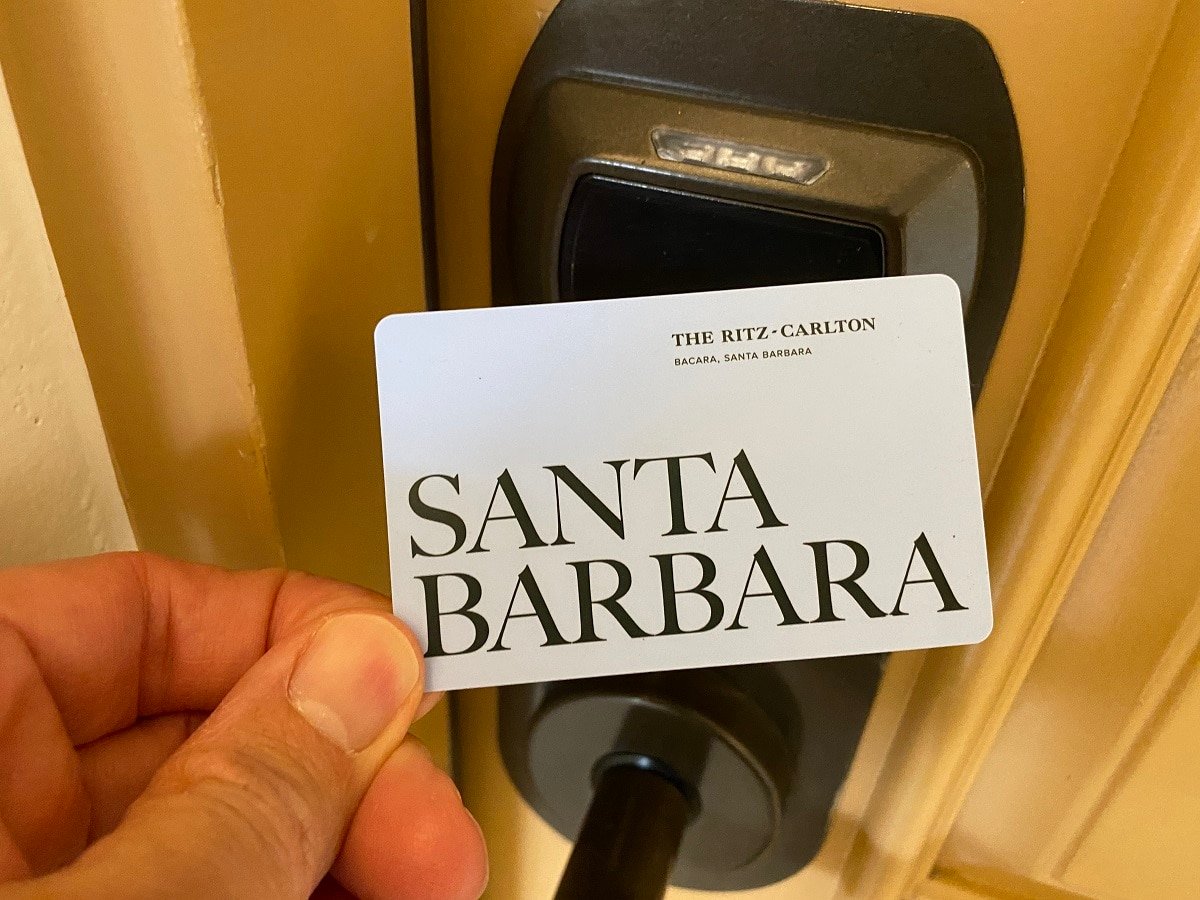This post contains references to products from one or more of our advertisers. We may receive compensation when you click on links to those products. For an explanation of our Advertising Disclosure, visit this page.
The Chase Ink Business Cards are a great option for flexible rewards categories and travel redemptions. It’s easy to see why so many business owners choose these cards. If one of these cards is on your radar, you should know what credit score is needed for the best Chase Ink business credit cards.
Hot Offer: $750 bonus and you can earning up to 5% back with no annual fee: Ink Business Cash® Credit Card

What Credit Score Is Needed for the Ink Business Cards?
The various Chase Ink Business Cards require good or excellent personal credit. This means your credit score will need to be between 670 and 850 to have the best approval odds for these cards:
- For up to 2.5% cash back: Ink Business Premier® Credit Card
- Best for travel rewards: Ink Business Preferred® Credit Card
- Earning up to 5% back with no annual fee: Ink Business Cash® Credit Card
- Enjoying a flat-rate 1.5% back: Ink Business Unlimited® Credit Card
However, it’s best to apply with a score above 700 which places you firmly in the good credit score range. A minimum 700 credit score can also help offset reduced business revenues or other potentially negative factors that make qualifying harder.
As a quick comparison, the Chase Ink credit score requirements are similar to the co-brand Chase business credit card minimum credit score. Therefore, having good or excellent credit can make you a prime candidate for any Chase-issued credit card.
How to Qualify for an Ink Business Card
You can qualify for one of these Chase Ink cards by following these application guidelines. Here’s the credit score for the Ink Business cards.
Good or Excellent Credit
Having a personal credit score above 670 is essential, and a score above 700 provides peace of mind.
With that said, Chase doesn’t disclose a minimum credit score for any of its business credit cards but there are many data points from successful and unsuccessful applicants.
For example, having a minimum 670 personal credit score doesn’t guarantee Chase Ink approval as the card issuer compares many factors.
It’s possible to qualify with a score slightly below 670, but your application is likely to receive extra scrutiny and can take several days to review.
The bank will determine why your score is lower and determine how quickly it can improve. For instance, you might be more likely to get approved when a high credit utilization is dragging down your score versus a set of late payments.
Related: Best Places to Get Free Credit Score Checks
Consider Applying with an EIN
Providing an employer identification number (EIN) also lets Chase check your business credit. You don’t need an EIN to apply for a Chase business credit card, but this factor can help if you operate a well-run business.
Let’s be clear that your personal credit score is still greatly emphasized as Chase wants to make sure you don’t have too many recent card openings. Additionally, Chase Ink cards require a personal guarantee which requires using your personal assets to repay a balance if your business account defaults.
Related: Can I Use My EIN To Get A Credit Card?
Stay Below Chase 5/24
Another looming application policy is the Chase 5/24 rule which can negatively impact you if you have added at least five tradelines to your personal credit report in the last 24 months.
When applying for any Ink Business card, Chase performs a hard pull on your personal credit report to count how many new credit cards you have. In addition to the credit score for the Ink Business cards, you should consider this rule.
Cards that count against the 5/24 limit include:
- Personal credit cards with a preset spending limit
- American Express charges cards without a preset limit
- Business credit cards appearing on your personal credit report
- Any personal card where you are an authorized user
Chase business credit cards won’t appear on your personal report unless you default and the personal guarantee kicks in.
While you undergo a hard credit check which temporarily reduces your credit score, opening an Ink credit card doesn’t count against the 5/24 threshold if you want to apply for other Chase cards in the near future.
Earn Business Income
You will also need to earn sufficient and consistent business income to afford your monthly payment amount. Freelancers, sole proprietors, and corporations can apply.
Chase doesn’t spell out minimum business age and revenue requirements, but the $0 annual Ink Business credit cards can be easier to qualify for as they have a lower minimum credit limit.
The $95 annual fee Ink Business Preferred credit limit is $5,000 but only $3,000 for the two no-annual-fee products:
- Ink Business Cash® Credit Card: Up to 5% back on qualifying business purchases
- Ink Business Unlimited® Credit Card: 1.5% back on all purchase categories
Include as much revenue as possible to present a compelling application. Simultaneously, be realistic and accurate about your average monthly business expenses.
Application Timing
In addition to knowing the credit score for the Ink Business cards, it’s good to know the application timing. A common suggestion is only applying for one Chase business credit card in a rolling 30-day period. You may also restrict yourself to only applying for one personal Chase credit card and one business Chase credit card within a 90-day period.
Once again, Chase doesn’t disclose a desired application frequency or a maximum number of Chase-issued credit cards that you can have open at any given time. But the issuer will verify that your current Chase cards are in good standing and your annual income supports a new credit limit.
There are not any Ink Business credit card family signup restrictions that can impact your odds. For instance, the Chase Sapphire cards have you wait at least 48 months after receiving a bonus before you can be eligible for a follow-up offer.
You may also space out your application to be eligible for limited-time credit card offers to earn more rewards with a similar introductory spending requirement as the standard promotion.
Are the Chase Ink Business Cards Worth It?
There are currently four Ink Business credit cards accepting new applications. Since the credit score requirements are similar for all of them, you have more flexibility regarding which rewards card to apply for.
First, you should apply for the card that has the best rewards categories and redemption options for your business.
For example, the Ink Business Cash or Ink Business Unlimited lets you earn Ultimate Rewards® without an annual fee. However, one has tiered rewards and neither supports 1:1 point transfers nor has a Chase Ultimate Rewards redemption bonus.
The Ink Business Preferred offers the most flexibility for travel rewards as it has a 25% travel redemption bonus and 1:1 point transfers.
Then, there is the Ink Business Premier which earns 2% back on purchases below $5,000 and 2.5% on higher amounts. However, you cannot transfer points to travel partners or combine them with other Ultimate Rewards credit cards. Additionally, the $10,000 minimum credit limit can be challenging to qualify for if you have limited income.
Summary
In conclusion, the credit score for the Ink Business cards is good credit, at a minimum. Obviously, having excellent credit will help you qualify, and having a score above 700 is best. Before applying, pay down any balances to reduce your credit utilization ratio on existing cards and try to clean up any potential negative marks on your credit report to put forth your best effort when trying to get one of the Chase Ink business credit cards.
Related Articles:







